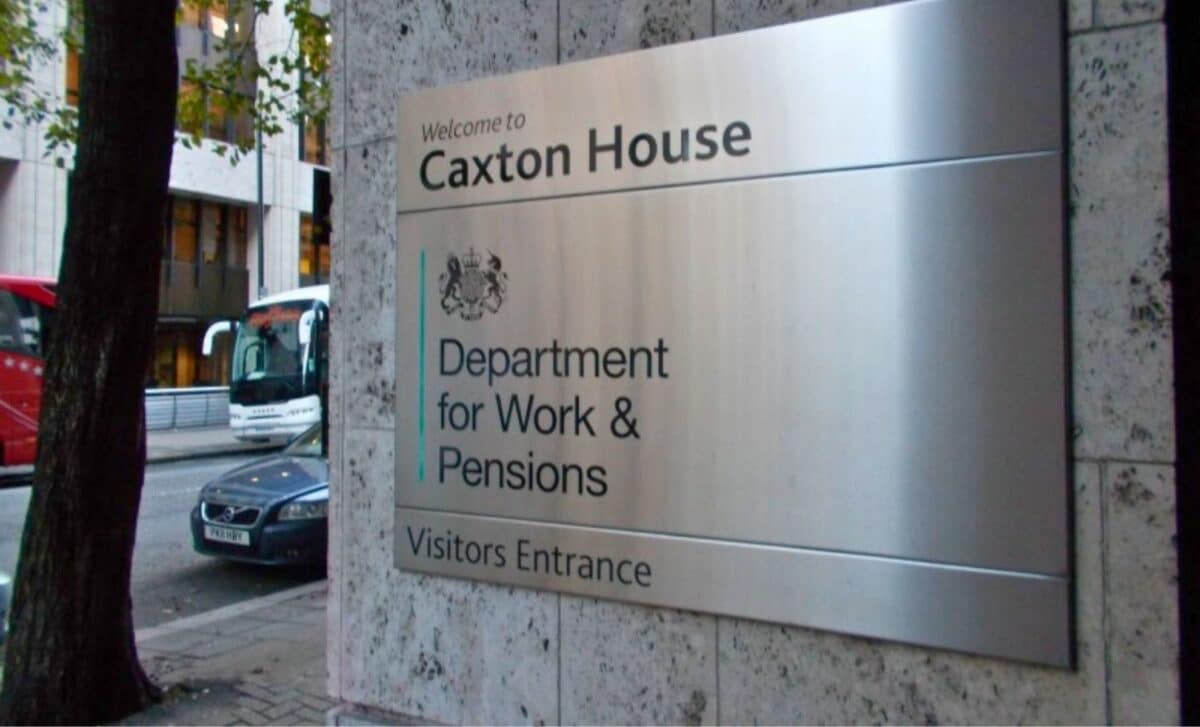According to the Department for Work and Pensions (DWP) the number of people who have applied for out-of-work sickness benefits has reached unprecedented highs in the first four months of this year.
Experts have warned that no matter which party is in charge of benefits after the elections, will need to find solutions in order to break the ‘vicious cycle’ that is causing a growing number of people to become too sick to work.
DWP Faces Record PIP Applications Amidst Employment Challenges
The number of new candidates for the Personal Independence Payment (PIP) sickness and disability benefit in the first quarter of the year hiked to a record-breaking 250,000 with 84% of applicants (210,000) granted benefit approval. Lancaster University researchers recently associated the increase in sickness to the circumstances many ill or disabled Britons are working under.
Alice Martin, Head of Research at the university’s Work Foundation, has claimed that this surge in sickness can be linked to unfavourable employment conditions. She said: “The truth is our workforce is getting sicker and yet not everyone gets the time off they need to live healthy lives. The current low rate of sick pay compels some people to work while they are unwell to make ends meet,” as reported by the Manchester Evening News.
More than 1.1 million UK workers don’t make enough to be eligible for statutory sick pay — more than half of them are women, with a third living with a disability. Lack of adequate sick pay, limited regular time off, and poor planning for back-to-work routes all add to the alarming figure of 2.83 million working-age adults currently signed off due to illness.
This important increase in sickness rose by almost 50% since 2021. Alice Martin later explained: “This risks compounding existing health conditions and can lead to people dropping out of the labour market altogether.
“We currently have a record 2.83 million people economically inactive in the UK due to long-term health issues and our previous research suggests many of these people want to work but aren’t given the necessary support to do so.”
The DWP initiated a crackdown on disability benefits only a few months ago, as a response to surging warnings over hikes in PIP claims. Their strategies to potentially substitute payment with equipment vouchers were not welcomed by disability campaigners; however, the aforementioned proposal has been postponed until after the general election.
What the Research Revealed
The research by the Lancaster University team into employment statistics and practices across the economy uncovered Victorian-like working conditions for many individuals earning lower wages — with many compelled to work longer hours to make ends meet, despite living with an impairment or medical condition exacerbated by their exhausting hours of labour.
This trend is played out in the statistics for how much time off work different societal classes get every year to rest, recover, and enjoy life outside of work. Further analysis revealed that in 2022, employees earning above the average of £32,882 per year or more, had an average entitlement of two more days of annual leave than those with lower incomes.
Nearly a third (32%) of above-average earners had an annual leave entitlement that surpassed 30 days. While, the same entitlement is only accessible to a quarter of those who make modest earnings (25.4%).
This can result in a “vicious cycle”, since people with lower incomes and unstable work lives find themselves forced to put their health at risk by having less time off work for breaks and other forms of leave.
Alice Martin further stated: “Forecasts suggest that a growing number of workers will be grappling with major illnesses year on year.
“It is imperative that the next Government works with employers to create an effective plan to enable workers to have healthier working lives – or the UK’s sickness crisis is likely to worsen. This includes ensuring people have time off to rest and recuperate.”










I read that it had gone up because of the rise in state pension age. So its hardly surprising really.
Due to cost of living many people Are using PiP to boost their income, there are many genuine disabled people and many who work the system, genuine disabled their disability fluctuate day to day. And older people their health will deteriorate. Young people should be helped with training.